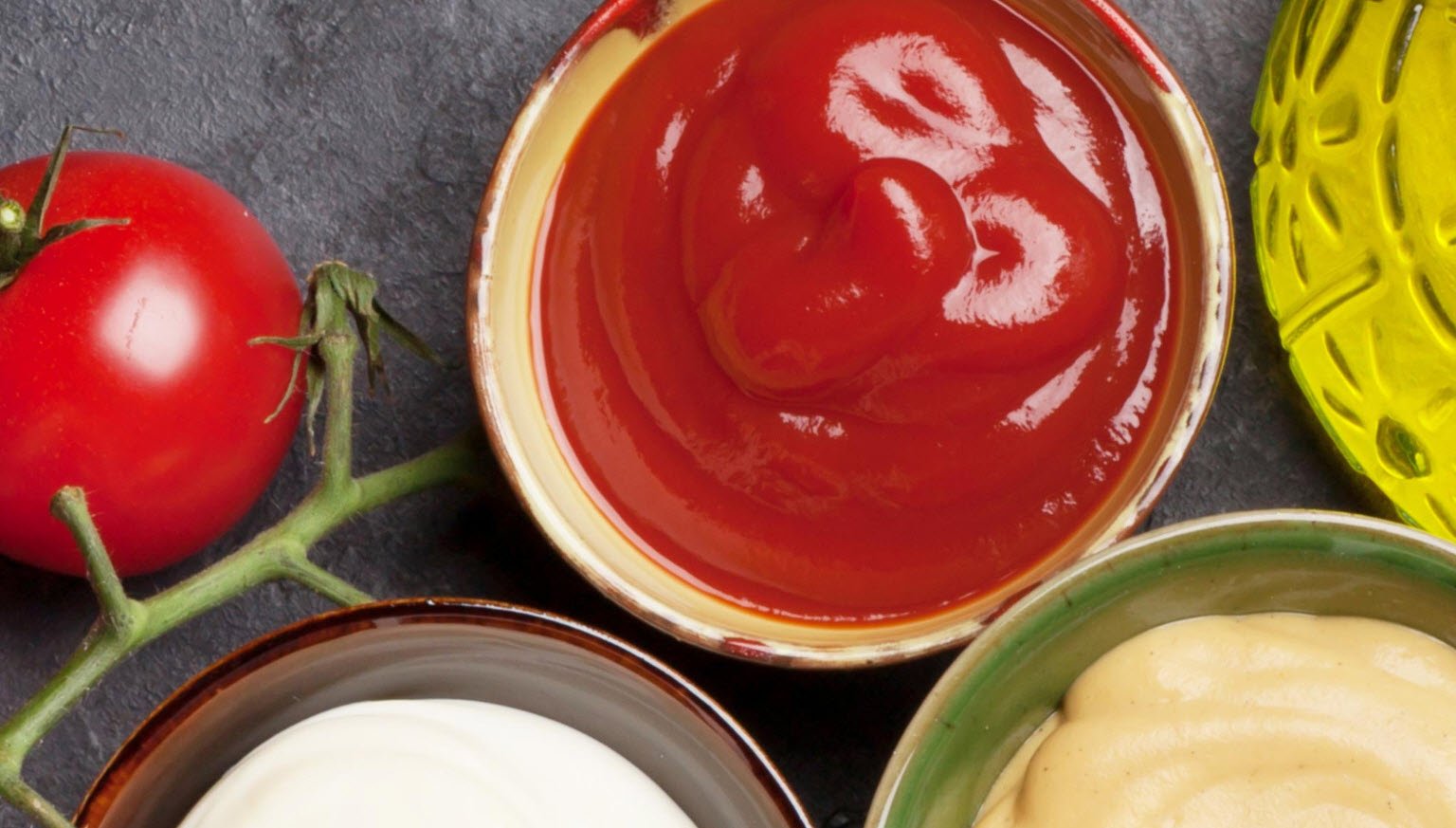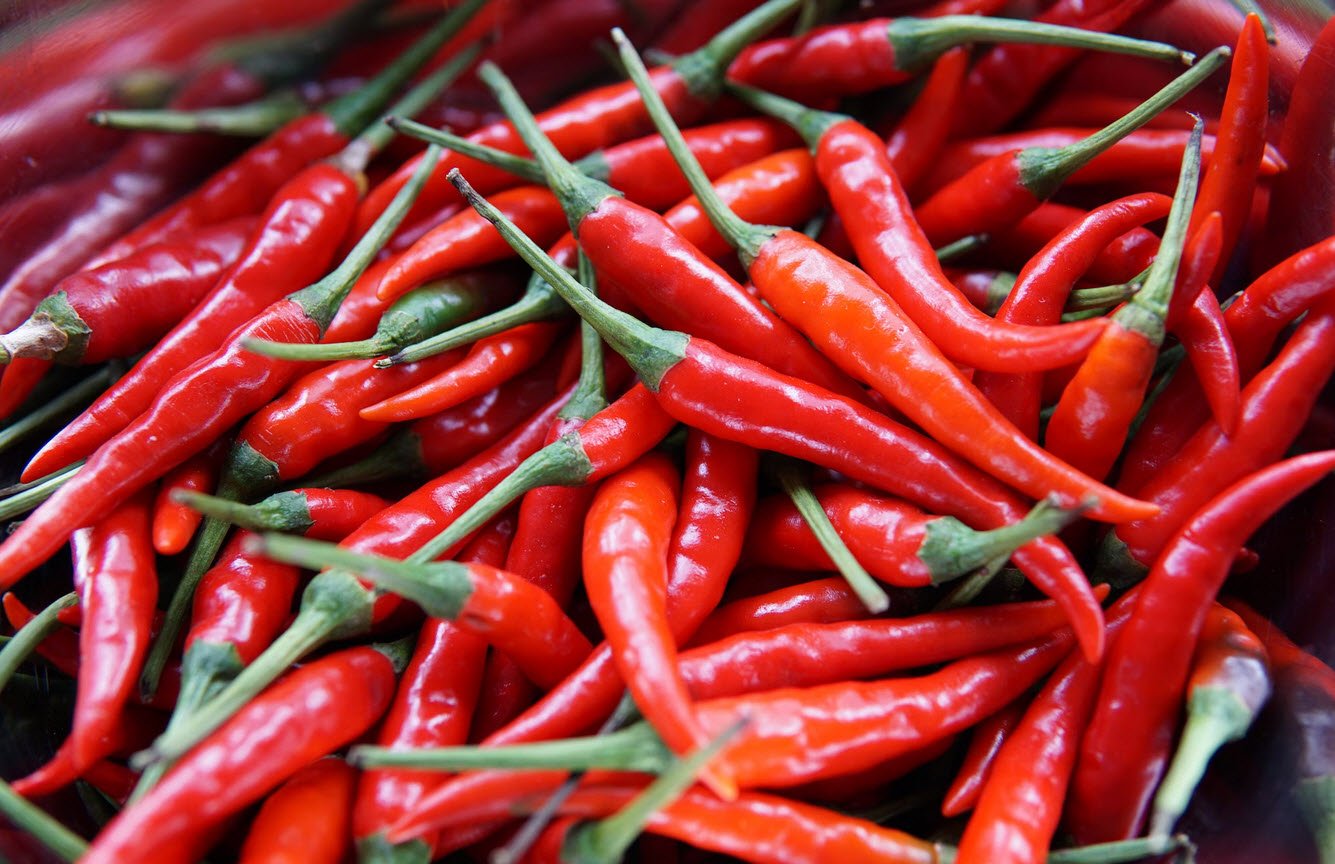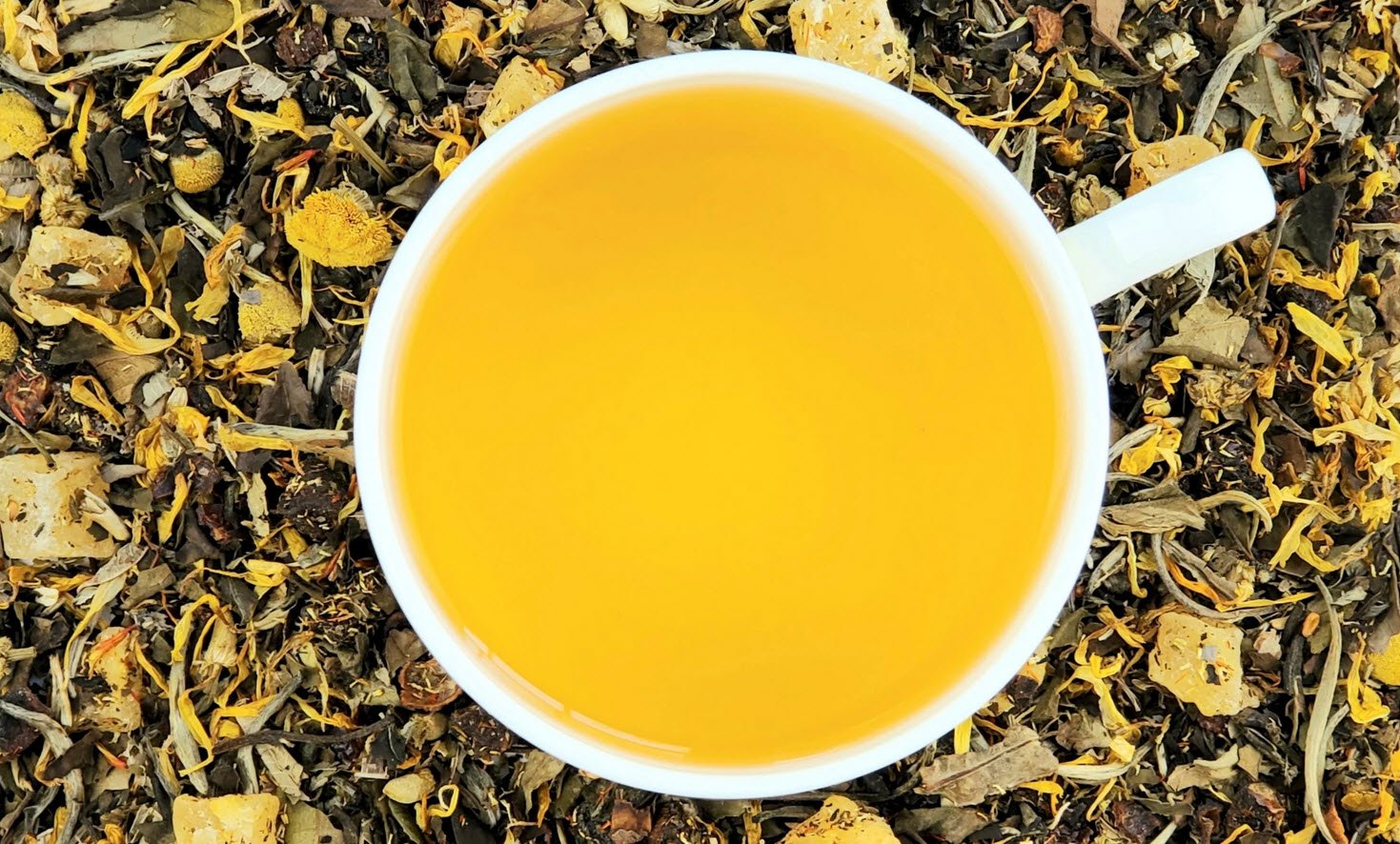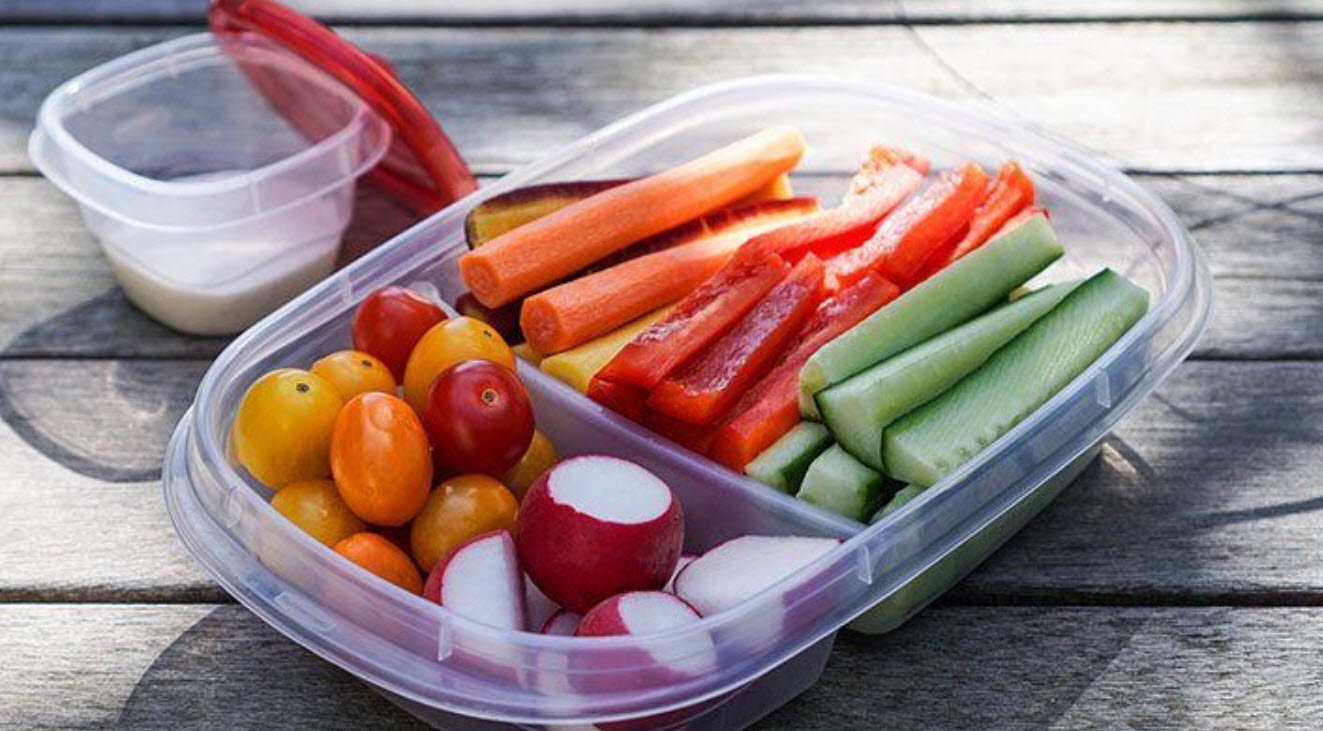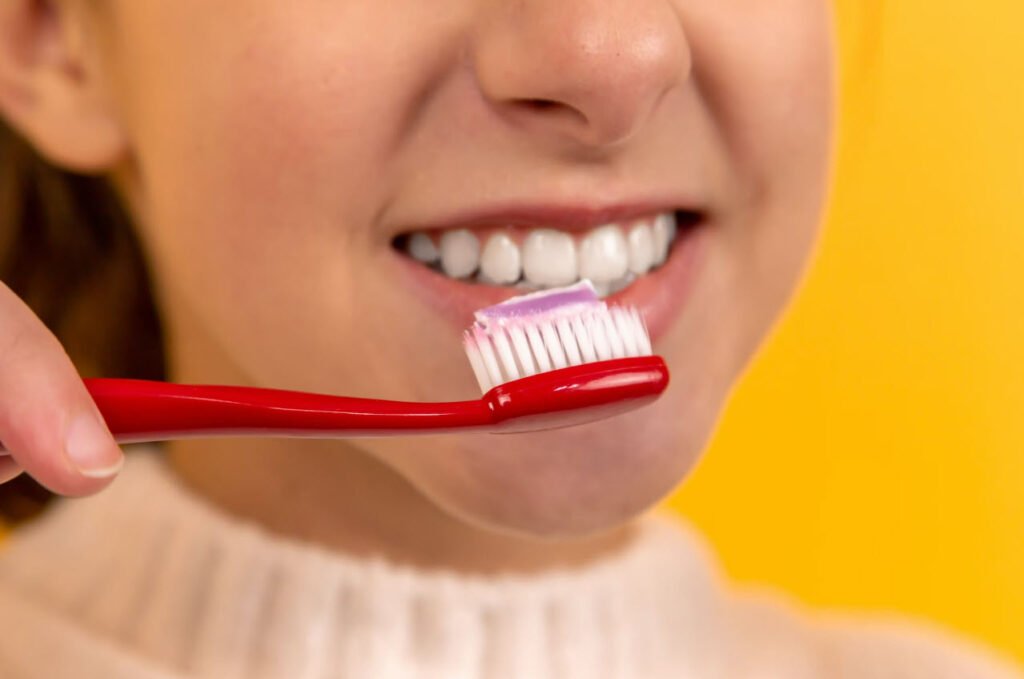
Many vertebrates have tiny, white, hard projections in their mouths called teeth. They are essential for healthy digestion because they are utilised for biting and chewing food.
The four different tooth kinds found in humans are the incisor, canine, premolar, and molar. Each kind performs a certain task in the digestion of food. Enamel, dentin, and pulp are some of the layers that make up the teeth. Maintaining good oral hygiene, which includes frequent brushing and flossing, is essential to keep teeth healthy and staving off gum disease and tooth decay.
Primary teeth are smaller, have more pointed cusps, are whiter and more prone to wear, have comparatively big pulp chambers, and have little, sensitive roots than permanent teeth. Around six months after birth, the first teeth erupt, and by two and a half years old, the primary dentition is complete. Shedding starts around age five or six and is complete by age thirteen. The primary teeth are lost when the roots of the permanent teeth, which are growing toward the mouth cavity, are resorbed.
With that in mind, here are the best and worst foods for your teeth:
- Best Food – Apple
- Best Food – Kiwi
- Best Food – Dairy
- Best Food – Onion
- Best Food – Carrot
- Worst Food – Alcohol
- Worst Food – Sugary Items
- Worst Food – Aerated Drinks
- Worst Food – Citrus Fruit
1) Apple
Apples are a fantastic tooth snack for a variety of reasons. For starters, they include natural sugars, which are less toxic than refined sugars, which are commonly found in processed meals. Second, apples are high in fibre, which aids in the cleaning of the teeth and gums as you eat.
Furthermore, the crunchy texture of apples can increase saliva production, which helps to neutralize toxic acids in the mouth and wash away bacteria. Apples also include Vitamin C, which aids in the development of collagen, which is necessary for gum health. Eating an apple after a meal might also assist to keep your breath fresh. Apples are a healthy and useful food for teeth in general.
2) Kiwi
Kiwi fruits are good for your teeth because they are high in Vitamin C, which protects the gums and promotes the formation of collagen, a protein that strengthens the teeth and gums.

They also include potassium, which can assist in the strengthening of tooth enamel. Kiwi fruit fibre can also assist to clean teeth by scraping away plaque and bacteria. Eating kiwi fruits can also stimulate saliva production, which can aid in the neutralization of toxic acids in the mouth and the removal of food particles. Furthermore, biting and chewing a kiwi can stimulate the gums and increase blood flow to the teeth.
3) Dairy
Because of their high calcium content, dairy products such as milk, cheese, and yoghurt are thought to be helpful to the teeth. Calcium is required for the formation and maintenance of strong teeth and bones. It also helps to remineralize tooth enamel, which can aid in the treatment of minor cavities before they become major issues. Furthermore, the phosphorus in dairy products can aid to strengthen tooth enamel and promote general dental health.
Cheese, in particular, is thought to be very good for the teeth because it raises the pH level in the mouth, which can help lower the risk of tooth decay. Eating cheese also increases saliva production, which helps to neutralize acids in the mouth and rinse away food particles.
4) Onion
Onions are not typically thought to be a particularly helpful food for teeth. While they do contain trace levels of Vitamin C, minerals, and other useful substances, they are not recommended as a dental diet since they can induce bad breath and may irritate the gums.
Onions have components that can aid in the battle against bacteria in the mouth, but their strong odor and taste can make them less appealing for oral health.
5) Carrot
Because of their high fibre content, carrots are an excellent tooth food. Biting and chewing carrots can assist to clean the teeth by eliminating plaque and bacteria. Carrots’ fibrous nature stimulates saliva production, which can aid in the neutralization of acids in the mouth and the removal of food particles.

Carrots are also high in Vitamin A, which is necessary for keeping healthy teeth and gums. Vitamin A aids in the formation of dental enamel and the creation of cells that line the gums. This can aid in the prevention of infection and inflammation of the teeth and gums.
6) Alcohol
Alcohol can harm your teeth in a variety of ways. For starters, it can dry up the mouth, resulting in a decrease in saliva production. Saliva helps to neutralize acids and wash away bacteria, so a dry mouth can increase the risk of tooth decay and gum disease.
Furthermore, many alcoholic beverages, particularly dark-coloured ones, contain significant levels of sugar and acid, both of which can lead to tooth disease. Furthermore, alcohol can contribute to poor oral hygiene and oral health habits, which can result in oral disorders.
7) Sugary Items
Sugary meals and drinks can harm your teeth in a variety of ways. For starters, sugar can cause tooth decay by feeding the microorganisms in the mouth. As a consequence, these bacteria make acid, which can damage tooth enamel. Furthermore, sweet meals and drinks are frequently acidic, which can cause enamel degradation. Furthermore, frequent sugary snacking can cause a persistent state of acid attack on the teeth, increasing the risk of tooth decay.
Sugar is also a key cause of dental caries, which is caused by bacterial fermentation of carbohydrates such as sucrose, fructose, and glucose.
8) Aerated Drinks
Because of their high sugar content and acidity, aerated drinks, often known as soft drinks or sodas, can be extremely damaging to teeth. The sugar in these beverages can nourish germs in the mouth, causing tooth decay. Furthermore, the acid in these drinks can erode tooth enamel, leaving them more susceptible to decay.
Soda drinks include a lot of sugar and acid, both of which are bad for your teeth. Sugar in soda can nourish germs in the mouth, leading to tooth decay. The acid in soda can erode tooth enamel, resulting in sensitivity, discoloration, and cavities.
9) Citrus Fruit
While citrus fruits like oranges, lemons, and limes are high in Vitamin C and other minerals, their acidity can be harmful to teeth. The acid in citrus fruits can dissolve tooth enamel, making them more prone to decay. This erosion can result in tooth sensitivity, discoloration, and an increase in the likelihood of cavities.

Citrus fruit acid can also weaken the surface of the teeth, making them more vulnerable to discoloration. Citrus fruits can also irritate the gums, causing them to become red, inflamed, and even bleed, leading to gum disease.
You may also read:
- Exploring the Delightful World of Cold Sauces – From Aioli to Tapenade
- How To Prepare Keto Vanilla Cake
- 15 Different Types of Citrus Fruits You Need To Know
- A Guide to the Diverse World of Peppers
- Exploring the World of White Teas – A Delicate Symphony of Flavors
- Crafting a Vienna Vanilla Coffee Latte
- 4 Easy Steps to Prepare the Perfect Macchiato
- 20 Snacks Under 100 Calories – All You Need To Know
- Sunset Smoothie For Weight Loss – Preparation and Benefits
- Top 16 World’s Healthiest Foods

